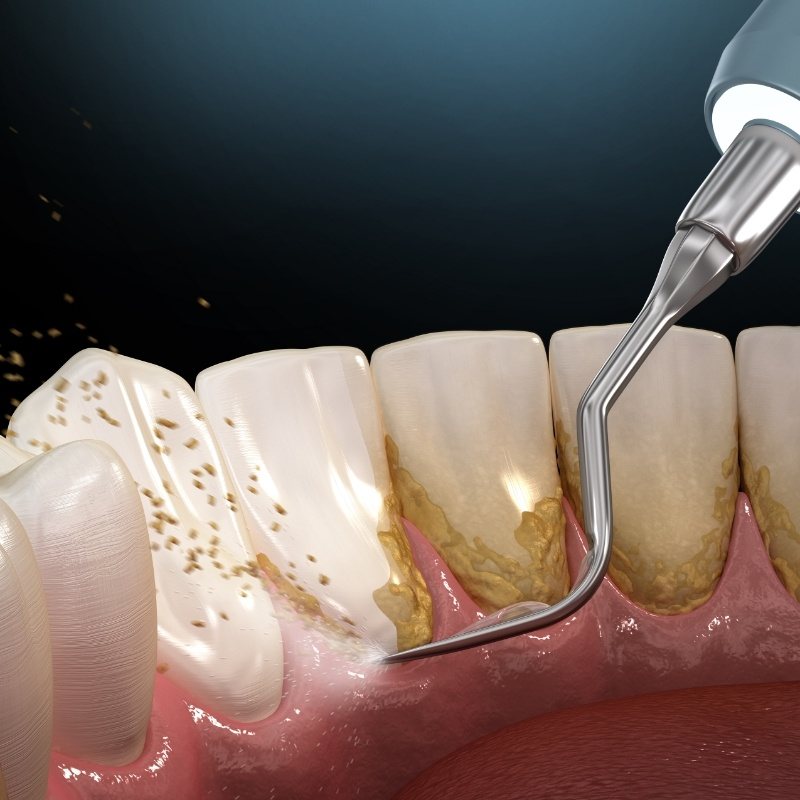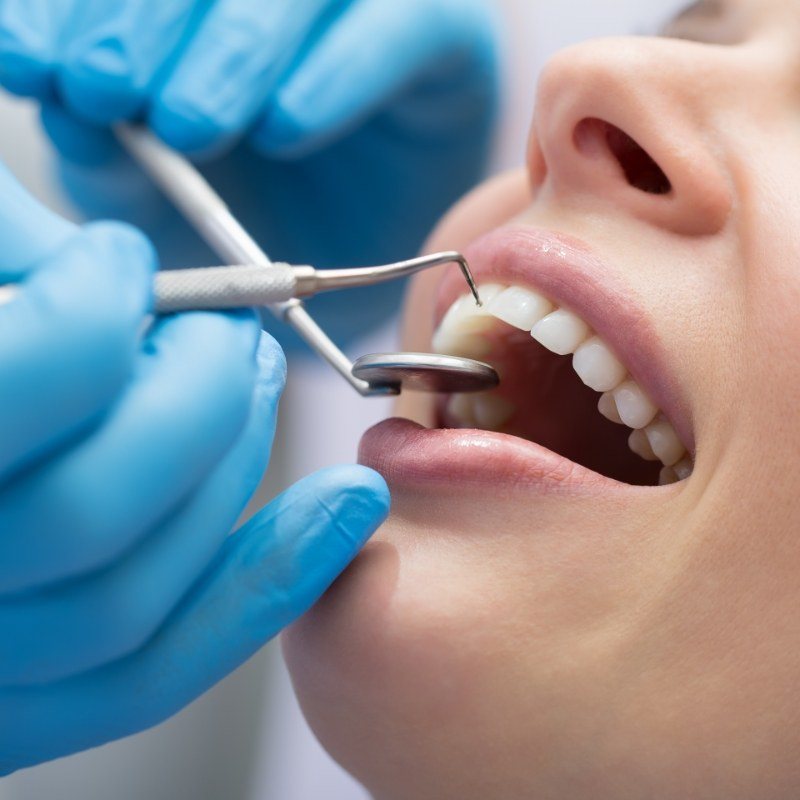Dental Care for Cardiac Health – Boston, MA
Stunning Smiles & Stronger Hearts
Dentists have long known that gum disease is associated with the transfer of bacteria into the blood and that is why antibiotics were once used as a preventive measure before dental treatment for patients with heart murmurs and valve problems. Now, we know more. Studies suggest that periodontal disease (gum disease) is associated with subclinical evidence of risk factors for heart attacks and strokes, including inflammation and pathogens leading to thrombosis (formation of blood clots) and atherosclerosis (thickening of arterial blood vessel walls).
Why Choose Dental Health & Wellness Boston for Dental Care for Cardiac Health?
- Gum Assessment at Every Checkup
- 25+ Years of Experience Serving Downtown Boston
- Friendly & Inclusive Dental Office
Avoiding Inflammation with Gum Disease Treatment

New information links gum disease with systemic inflammation. Gum disease causes the liver to increase the production of C-reactive protein, which is an indicator of increased systemic inflammation. Systemic inflammation is a risk factor for heart problems (including myocardial infarction or diagnosis of peripheral artery disease) in otherwise healthy individuals. With gum disease treatment, such as non-surgical periodontal therapy at Dental Health & Wellness Boston, systemic inflammation can be reduced. Studies have shown that treatment of periodontitis caused a 65% decrease in C-reactive proteins over a period of 3 months.
The Same Damaging Pathogens Live in Your Gums and Your Heart

Certain bacteria present in periodontal disease leads to increased blood platelet formation, and thus increased thrombosis, or formation of blood clots. Recent evidence also shows the relationship between gum disease and heart disease by demonstrating the presence of a pathogen called LPS in the gums and plaque buildup in blood vessels around the heart. The pathogen Lipopolysaccharide (LPS) is present in the gums of patients with periodontal disease. The LPS travels to the heart through blood vessel endothelium (the thin, interior surface of the vessel).
New evidence is suggesting that when the LPS pathogen arrives at the heart and encounters an atheroma (a buildup and swelling of cell and cell debris in artery walls), these harmful organisms can lodge in the vessel walls and stay there. Thus, the bacteria is associated with the plaques within the vessels themselves. The presence of atheroma leads to atherosclerosis, a heart disease risk factor and the cause of about 50% of US deaths due to its complications. You can combat the harmful bacteria and microorganisms that live in both your mouth and your heart with proper dental treatment and care in Boston.
Combat Gum Disease and Promote Heart Health with Proper Nutrition

If you lose a tooth, you might compensate with nutritional changes. If you don’t get enough Vitamin C in your diet, you are more susceptible to oxidative damage from free radicals that weaken the vessel walls of the heart. Vitamin C contributes to the strong connective and elastic fiber proteins that make up the vascular walls of the heart, a large part of periodontal (gum) tissues. Collagen protein fibers in these vascular walls indicate the course and progression of vascular disease. Another connection between gum disease and heart disease rests in the nutritional status and repair of the connective tissue components that are in both gum tissue and cardiovascular system tissues.
Antioxidant vitamins, along with enough Vitamin D, Coenzyme Q10 (CoQ10), Vitamin C, and Vitamin B to protect against homocysteine (an amino acid that damages vascular walls) are a good approach to your overall health when caring for both your gums and your heart.
Taking Care of Your Gums and Your Heart

Regardless of the root causes for cardiovascular diseases, at Dental Health & Wellness Boston, we believe that good nutrition and good oral hygiene help control bacterial inflammation in the mouth. Additionally, these good habits are essential to help lower risk factors and prevent heart disease. We help our patients understand that choosing a diet high in nutrients, removing oral bacteria meticulously daily, and having regular periodic professional cleanings and dental checkups will help reduce unnecessary risk factors that can lead to heart disease and stroke. Conveniently located in Boston’s financial district, we are dedicated to providing the highest level of dental care for optimum cardiac health.
